Ready to take your small business to the next level in 2025? Check out these must-have free and paid tools that’ll streamline your day-to-day, boost productivity, and help you grow with ease!
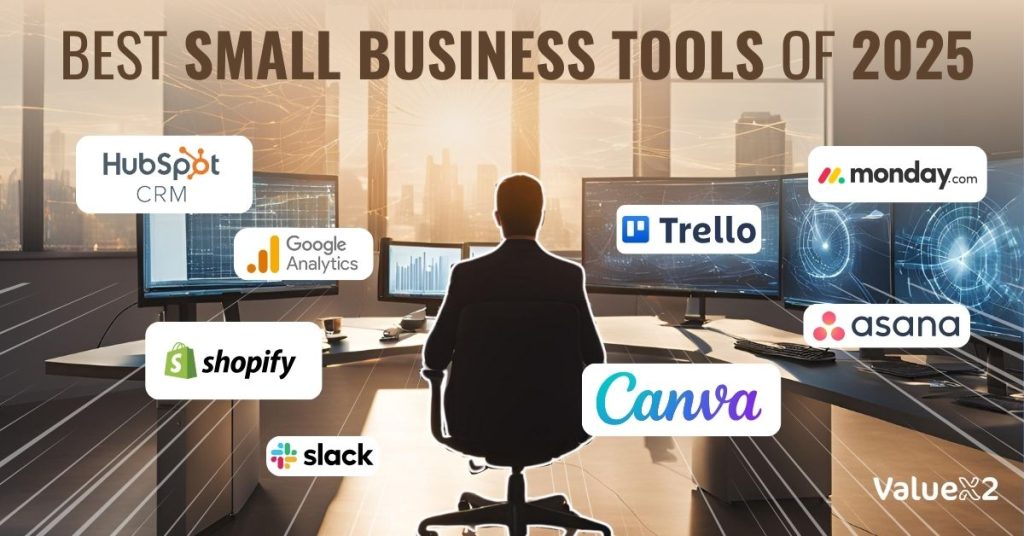
Running a small business in 2025 requires a lot. You have to put in hard work and use smart tools that make your operations smooth, marketing effective, and financial management straightforward. Proper tools help save time, money, and a headache you would have to spend when managing marketing campaigns, finances, or organizing projects.
In this vast series, we will cover the 20 must-haves: 10 paid business tools and 10 free business tools. All these tools are definitely catered to small business owners, and while we discuss the reason for each tool, we will go deep into what makes it important, how it might benefit your business, and which one would suit your needs better.
1. Why Do Small Businesses Need Digital Tools?
A changing world shapes everything digital within it, and small businesses rely on streamlining processes, enhancing productivity, and dealing with customers with the least inefficiencies than ever. The right kind of digital tools will help everything from marketing campaigns to customer relationships to accounts and even employee management.
Why Small Businesses Need Digital Tools
Increased Productivity: Automating most low-level, repetitive, and redundant tasks will save time that can now be put towards strategy and planning.
Saving Cost: Tools free of cost might just serve the basic purposes, but paid ones will definitely bring functionalities to cut costs by a major margin.
Better Collaboration: As more businesses become inclined toward remote and hybrid work, collaboration and communication tools become absolutely indispensable.
Data-Driven Decisions: The analytics tools give insights into what is happening in your operations and marketing efforts to guide decisions.
Customer Engagement: From email marketing to social media management, the perfect tool will bridge the gap between companies and their customers, increasing loyalty.
2. Top 10 Free Tools for Small Businesses
Free business tools are ideal for small businesses. The best features you might need are here for the taking without having to pony up at any point in time, with the option of upgrading as your needs grow. So here are some of the best free tools for small businesses that you need to know.
1. HubSpot CRM
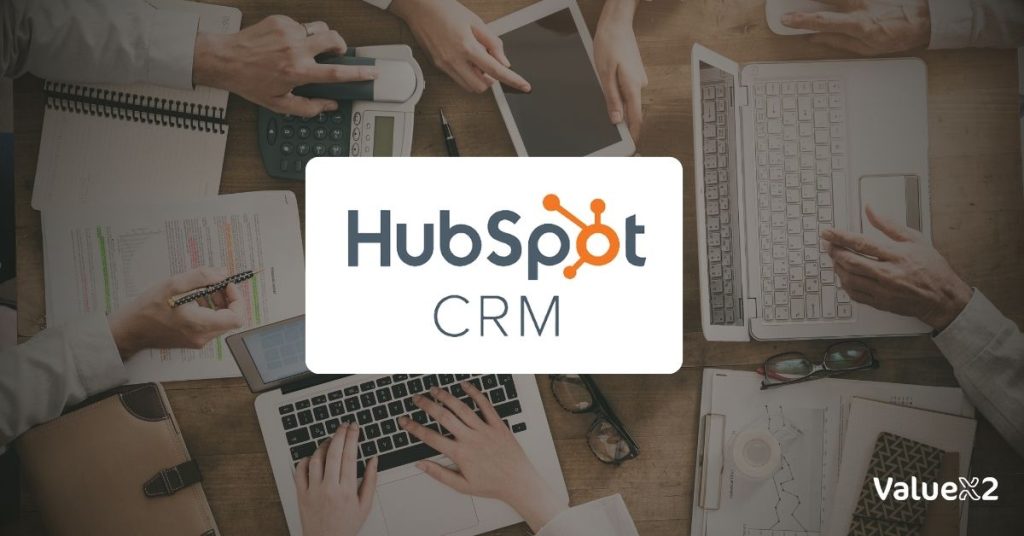
Use: Customer Relationship Management (CRM)
Why It’s Great: HubSpot is an amazing free CRM tool to assist in customer relationship management. You should therefore expect tools such as contact management, email tracking, sales pipeline management, and even lead generation.
How It Helps: In a real-time manner, it explains to you your sales pipeline so that leads are easier to prioritize to close more deals faster.
2. Canva
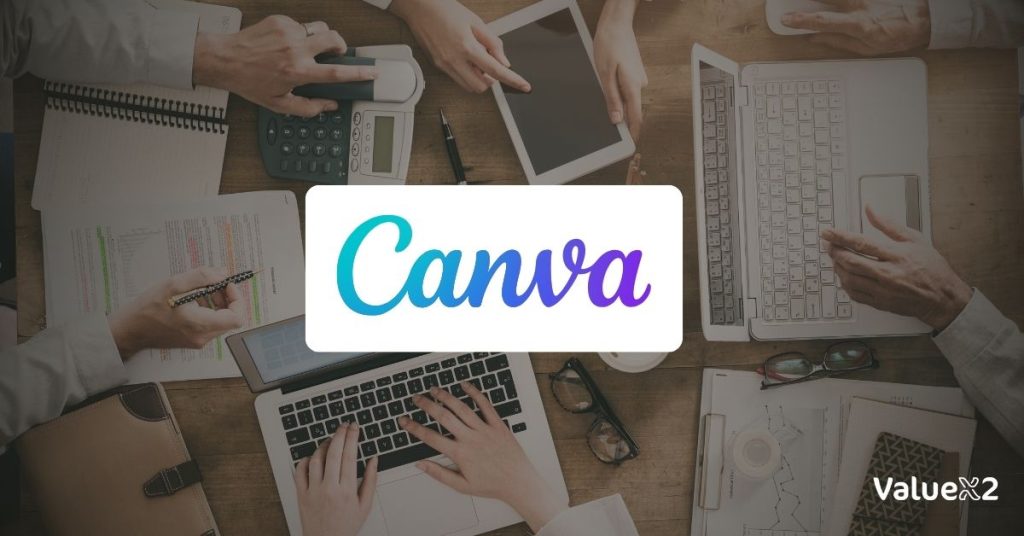
Uses: Graphic Design.
Why It’s Great: Canva is simply awesome for the small business that does not have a full-time graphic designer. A user-friendly application gives various templates for designs to be used for social media graphics, posters, and presentations.
How It Helps: Enjoy having professional-looking designs without costly software or pricey experts.
3. Mailchimp Free Plan

Uses: Email Marketing.
Why It’s Great: The free version of Mailchimp enables the user to plan an email campaign, track the performance it generates, and automatically sends a series of emails to up to 500 subscribers.
How It Helps: This app is great for companies setting up their e-mail marketing because this grants access to rich analytics and templates.
4. Google Analytics

Uses: Website Analytics.
Why It’s Great: Seriously, if you don’t already have Google Analytics installed, what are you doing? This digital marketing magic allows you to track everything from your website demographics all the way down to sources of traffic and conversion tracking.
How It Helps: Data insights inform your marketing strategy.
5. Trello
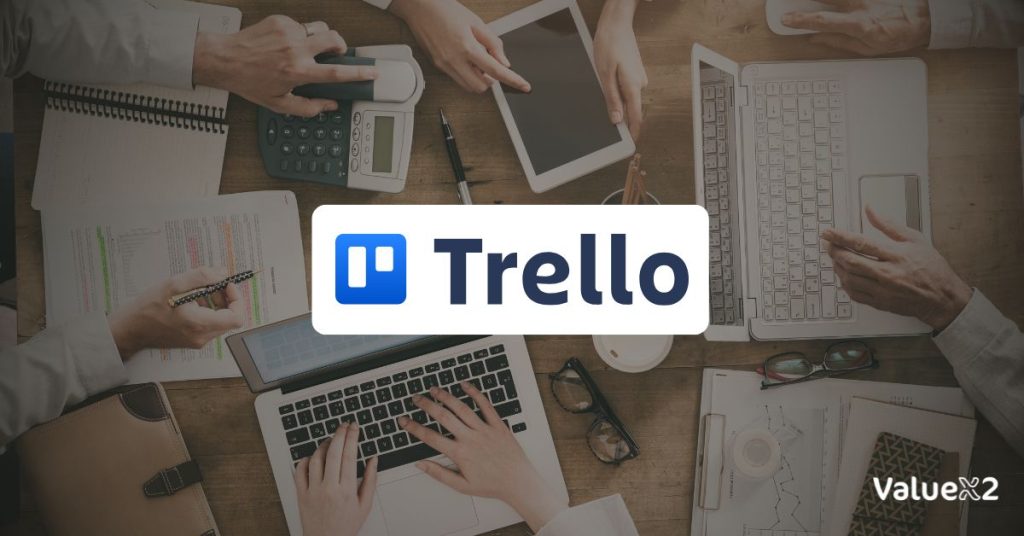
Uses: Project Management.
Why It’s Great: Trello is a natural, board-based platform that’s perfect for organizing projects and tasks, It is a highly preferred free business tool for startups as it organizes your product launches or social media calendars.
How It Helps: Team collaboration, assignment of tasks, tracking progress; all very visual.
6. Wave Accounting
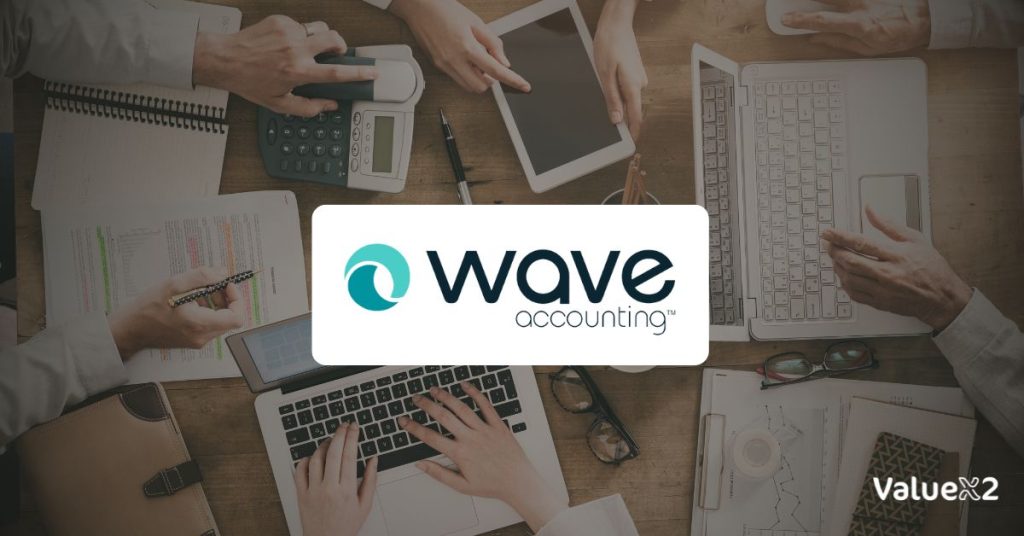
Uses: Accounting Software.
Why It’s Great: Wave is a free business tool for startups that provides free accounting tools for a small business – including invoicing, receipt scanning, and financial reporting.
How It Helps: This is a brilliant alternative to paid accounting software, especially for small startups and freelancers.
7. Hootsuite Free Plan
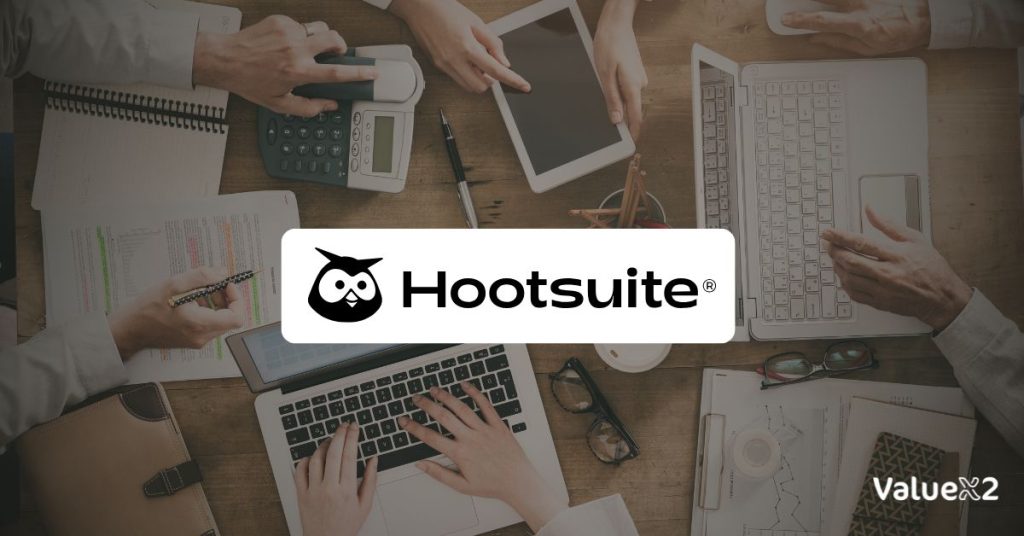
Uses: Social Media Management.
Why It’s Great: Hootsuite’s free plan allows you to manage three social media profiles, schedule posts, and track some analytics.
How It Helps: Keep track of your social media calendar and manage all your platforms in one spot.
8. Slack Free Plan
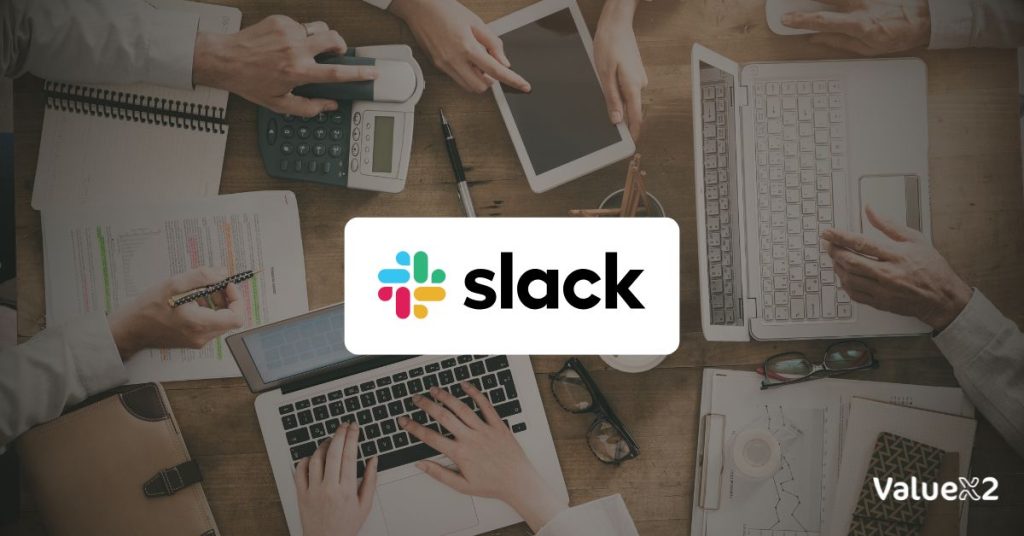
Uses: Team Communication.
Why It’s Great: Slack is great for team communications and collaboration. Slack offers a paid plan but could also be used as a free small business tool. Free Slack will allow you to control conversations, file sharing, and integrations.
How It Helps: Improves the communication and efficiency of your team, even with remote workers.
9. Google Workspace Free Version

Uses: Office Suite & Collaboration.
Why It’s Great: For small business teams needing collaboration and file storage, you can’t go wrong with these free business tools from Google Workspace: Docs, Sheets, and Drive.
How It Helps: Collaborate on documents and store important business files in the cloud.
10. Zoho Social Free Plan

Uses: Social Media Management.
Why It’s Great: The free version of Zoho Social lets you schedule posts and see a range of analytics reports across different channels.
How It Helps: Get free analytics and scheduling with the flexibility to upgrade based on social media scale.
3. Paid Tools for Small Business | Top 10
Free tools may be the best place to start. Paid tools usually have more advanced features ideal for a large business, which ultimately increases the efficiency of your business. Here are some of the best-paid tools for small businesses in 2025.
1. QuickBooks
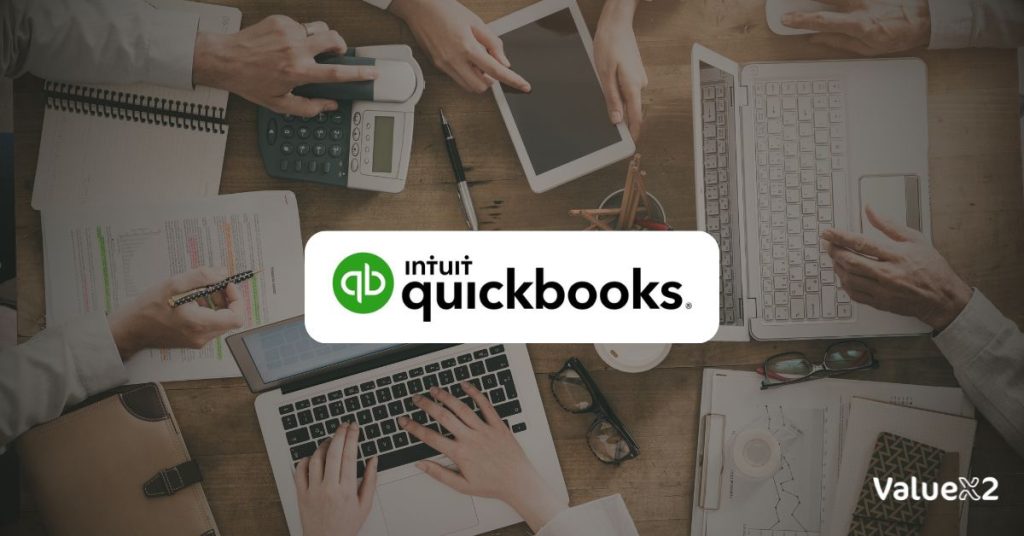
Priced at: Starting at $25/month.
Uses: Accounting & Invoicing.
Why It’s Great: QuickBooks is the ultimate small business accounting software. It is considered to be one of the top 10 business tools by many listings. It offers users advanced invoicing, payroll management, and tax tracking capabilities.
How It Helps: This will help you automatically in your accounting, track expenses, and ensure accurate reporting of taxes.
2. Shopify
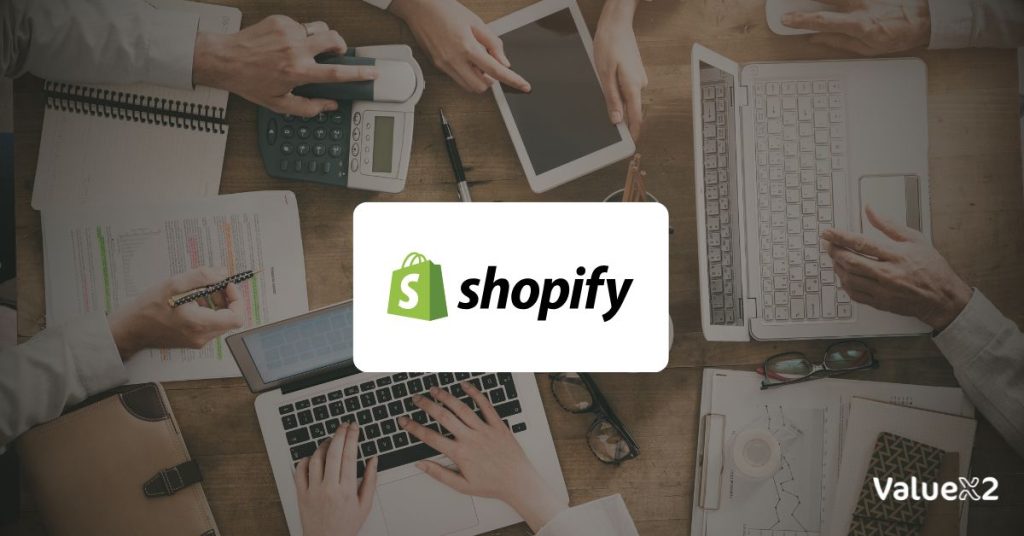
Price: Starting at $39/month.
Uses: E-commerce platform.
Why It’s Great: Shopify is an integrated e-commerce site created especially for small businesses to sell online. It has tools that will help build a website that is easy to use, payment gateways, and marketing features.
How It Helps: Grow your e-commerce store with robust inventory management capabilities, fine-tuned customer service, and SEO capabilities.
3. SEMrush

Starting at: $129.95/month.
Uses:: SEO & Online Marketing.
Why It’s Great: SEMrush is one of the best SEO tools available in the market today. This paid business tool is used for keyword research, backlink analysis, competitor tracking, and much more.
How It Helps: Enable you to rank your website better in search engines and make it accessible to all with deep insights and optimization suggestions.
4. Adobe Creative Cloud
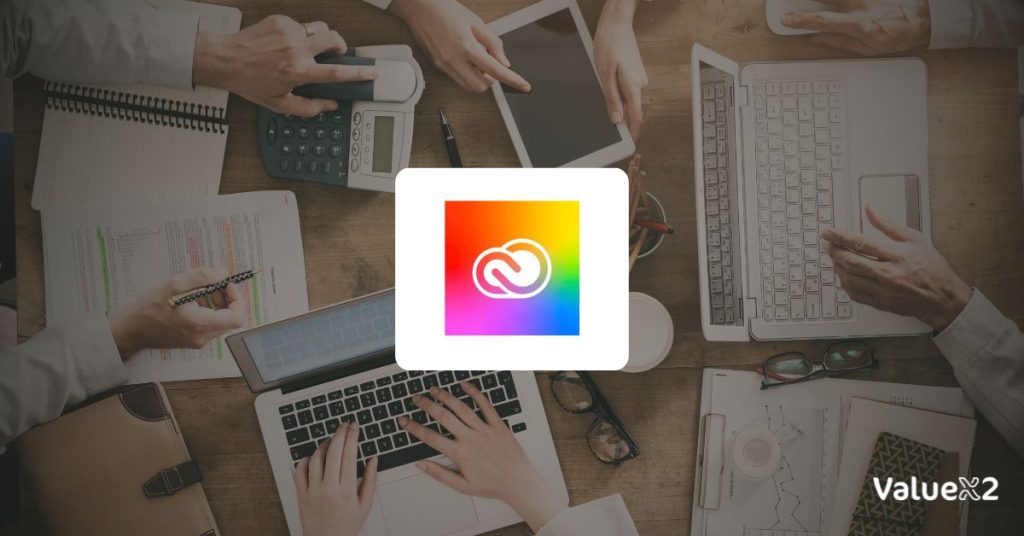
Price: Starts at $54.99/month.
Uses: Design & Creative Software.
Why It’s Great: Adobe Creative Cloud comes preloaded with Photoshop, Illustrator, and Premiere Pro so that you can create some really amazing visual content.
How It Helps: Advance your branding, marketing, and content-creation efforts with professional design software.
5. Asana Premium
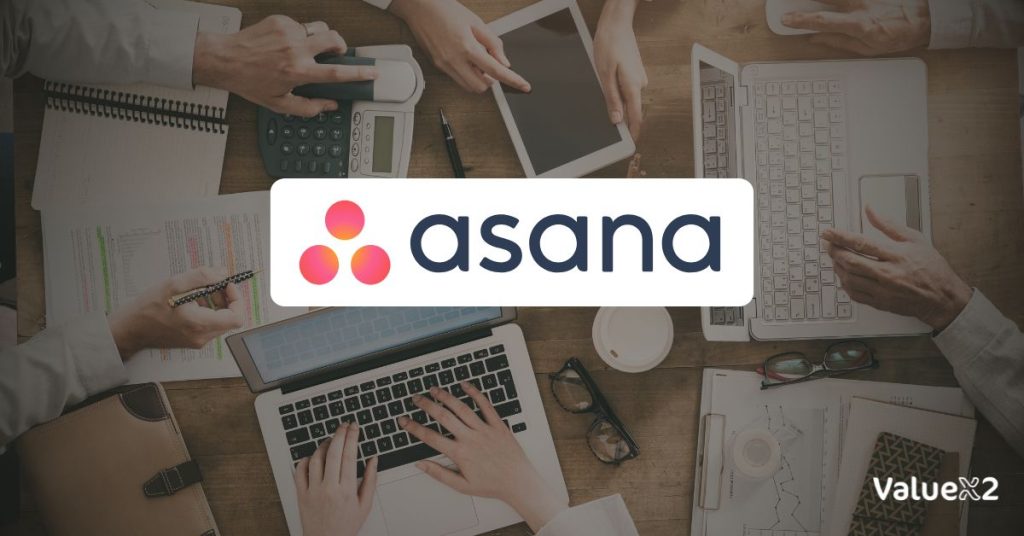
Price: From $10.99/user/month.
Uses: Project Management.
Why It’s Great: Asana premium is a less expensive business paid tool that offers advanced features that come along like timeline view, task dependencies, and even project templates, which overall helps in managing projects much more easily.
How It Helps: Super powerful tools to manage tasks help you organize your team and projects.
6. Monday.com
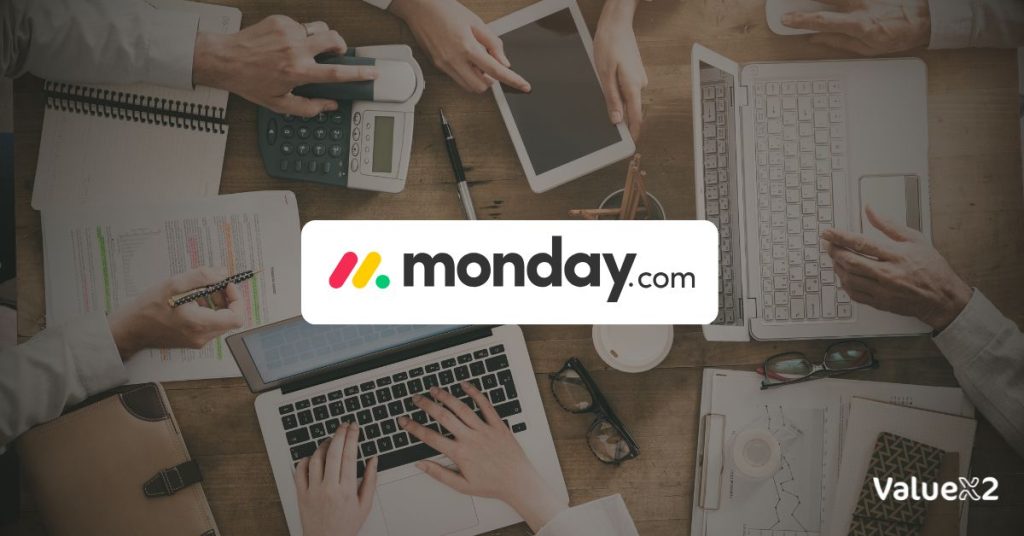
Price: $10/user/month.
Uses: Project & Work Management.
Why It’s Great: Monday.com is by far the most preferred paid business tool by SMEs, it is an all-in-one work operating system where you can tailor your workflows, track your projects, and work in a seamlessly collaborative environment.
How It Helps: Better coordination and work with the ability to dive into how tasks are being tracked, and automated, and where things stand via reporting features.
7. ActiveCampaign

Price: $29
Uses: Email Marketing & Automation.
Why It’s Great: ActiveCampaign combines email marketing, automation, and CRM features so you can build a relationship with your customers and automate your email workflows.
How It Helps: Build campaigns that are much more personalized to leads but also automatically nurtured.
8. FreshBooks
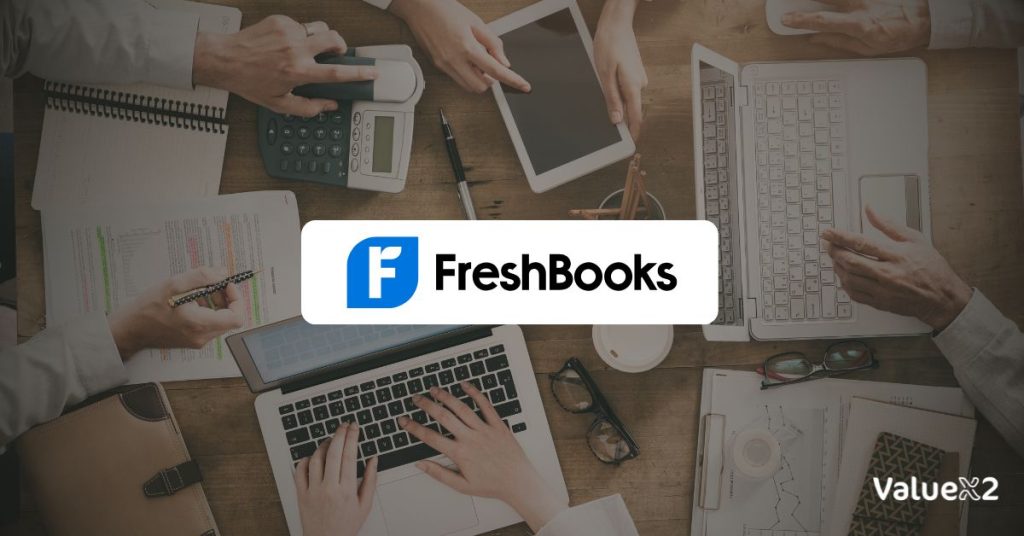
Price: Starting at $17/month.
Uses: Accounting & Invoicing.
Why It’s Great: FreshBooks is for freelancers and small businesses. There are accessible accounting tools that are built with features like time tracking and expense management solutions and very simple invoicing.
How It Helps: Helps automate your billing, track expenses, and generate reports quickly, ensuring you stay on top of your finances without advanced knowledge of accounting.
9. Squarespace

Pricing: From $16/month.
Uses: Website Builder & Hosting.\
Why It’s Great: Squarespace is a full-featured website-building platform with high-end templates, e-commerce capability, and integrated SEO tools. It is a paid business tool that should be on your list.
How It Helps: Build a professional website or online store without writing one line of code and enjoy features like e-commerce and marketing built right in.
10. Zapier Premium
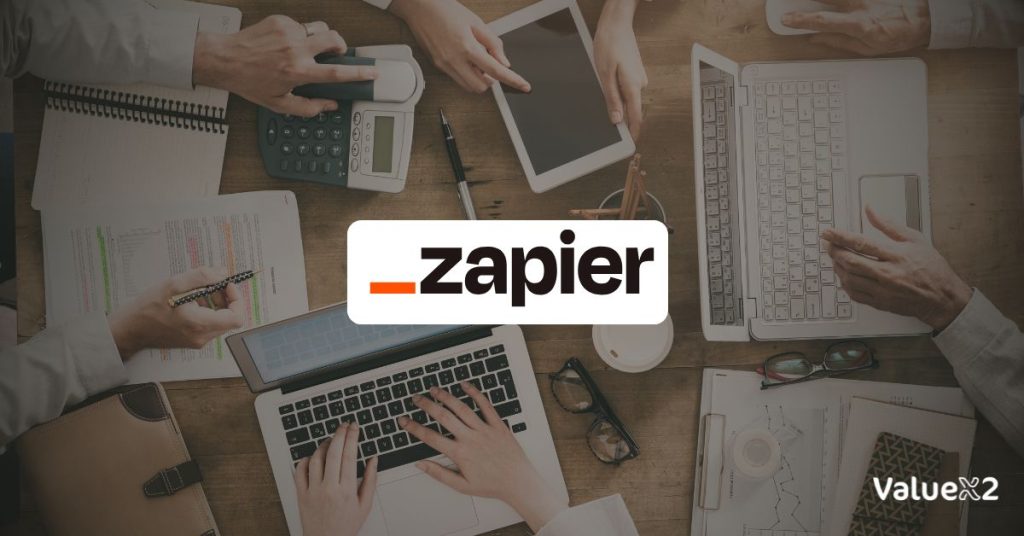
Price: Starting at $19.99/month.
Uses: Workflow Automation.
Why It’s Great: Zapier connects your apps together and automates the workflows between them, saving time with fewer manual tasks and increasing productivity through slick app integration.
How It Helps: This could free you up from other drudge work, such as syncing data between applications, triggering actions across platforms, and streamlining operations so that some time is given to what’s important to your business.
4. Free vs. Paid Tools: Which Should You Use?
Which of the following to use, free business tools or paid business tools? Consider how big your business is and what you have regarding budget and some specific needs that you will have to deal with. In addition, consider the following:
How to Make Use of Free Tools
When just starting out in your business, or with very few dollars, free business tools would do quite well for providing you with basic functionalities without any upfront cost.
- Needs: If you just require simple functionality or just want to try out a couple of tools before choosing one.
- Small Team: Free business tools are often good enough for small teams who do not require all the advanced features of collaboration and customization.
When to Use Paid Tools:
Paid business tools usually have all the important features that would really make a difference in efficiency, scalability as well as customization.
- Growing Business: Paid tool solutions can handle more complex workflows, sizeable customers, and even more integrations with other software if your business continues to grow.
- Save Time: Paid tools often come with a high level of support, automation, and also integrations which would save your time and minimize the effort of using it manually.
In a nutshell, both free and paid tools bring worthwhile solutions to small businesses. You can start with the free tools and then grow into paid ones that offer more powerful functionalities as well as scalability as your business grows.
5. How ValueX2 Boosts the Productivity of Small Businesses
ValueX2 provides the best Agile and Scrum training. We enable small-sized enterprises to achieve maximum productivity and efficiency. It works by creating agility at the heart of your business. This is more targeted towards delivering value to the customers and also giving a culture of continuous improvement. Let us learn about some of the means through which the services offered by ValueX2 can increase the productivity level of your business:
- Agile Training and Certification
ValueX2 is an Agile and Scrum global certification holder, including SAFe and ICAgile. Business leaders, managers, as well as members who want to learn more about agile methodologies, utilize them, and change their workflows will find these certifications enough. Whether it is on SAFe Scrum Master or Product Owner or even Agility in HR, teams are empowered to embrace agile practices that enhance mutual collaboration, increase openness, and help expedite operations.
- Customized Agile Transformation Consulting
Agile Transformation Consulting for an organization that wants to embrace Agile as an organizational change, is provided by ValueX2. Coaching service that helps an organization bring agile practices into its business and makes all departments like marketing, HR, product development, etc. agile. This service is of a lot more use for small businesses that want to grow fast without slowing down the quality of the output.
- Agile Coaching
ValueX2 encompasses the people-centric approach to Agile transformation and hence it ensures it encompasses professional coaching that will make sure that all the teams have an understanding of the practical approaches of Agile principles. Agile coaching helps in the development of self-managing teams, which stand with cross-functional features that easily respond to fast market demand changes hence leading to an enhancement in high-speed delivery cycles, better collaboration, and higher productivity.
- Customized Agile Solutions
Whether it is the IT sector, e-commerce, services, or product development for small businesses, ValueX2 designs adapted agile workflows according to your needs. It streamlines the processes, removes bottlenecks, and makes the processes more efficient important items in scope, areas of project management, and team communication but crucial for speeding up the iteration cycle of a product.
In doing so, ValueX2 delivers full power for small businesses to leverage agile methodologies and move productivity, employee engagement, and organization responsiveness to new levels.
FAQs About ValueX2
Q: What Agile certifications does ValueX2 offer?
A: ValueX2 provides the following kind of certifications SAFe Scrum Master (SSM), Leading SAFe(R)(SA), ICAgile, and many more that are designed to add agile skill and thereby serve the purpose of organizational transformation.
Q: How can Agile methodologies be applied to improve operations for small businesses?
A: Agile methodologies help small businesses with flexibility, faster time to market, and continuous improvement, which results in fast project completion and better use of resources while increasing the satisfaction level among customers.
Q: Does ValueX2 offer corporate training?
A: Yes, the corporate team training by ValueX2 can be done with customized programs to fit your organization’s needs. This is best for large-scale Agile implementation or across different departments of a company.
Q: In what ways do you think ValueX2 is helpful when applied to distributed teams?
A: Training, tools, and exercises of Agile in ValueX2 are pretty handy while working on distributed teams: good communications, effective collaborations, and transparent operations. The disciplined Agile frameworks are Scrum and SAFe.
Q: What is the difference between SAFe and Scrum certifications?
A: The organization that will benefit the most from certifications of Scrum and SAFe is looking to adopt Agile at scale. This is because SAFe certifications focus on scaling Agile practice throughout the entire organization, which is not the case with Scrum; it has more to do with an application of Agile principles at the team level to ensure that teamwork efficiency is realized within an Agile framework.
ValueX2 is the ultimate partner for small businesses to leverage Agile in strategic, long-term growth, efficient operations, and successful digital transformation. They know how to prepare and enable businesses to excel in today’s markets through expert training and consulting.

Bhavna is an Agile Coach and Consultant with 15+ years of experience in advisory, corporate finance, IT assurance, and operations at Big 4 and within the industry in the UK and India. She has recently been the CEO of a start-up where she implemented agile practices within HR, Marketing, and Product teams.
She is also a SAFe® Practice Consultant (SPC) and authorized instructor for ICAgile Agility in HR (ICP-AHR), Agility in Marketing (ICP-MKG), and Business Agility Foundations (ICP – BAF) training courses. She provides training for agile transformation to corporate, public, and private batches, as well as consulting for enterprise agile transformation.






